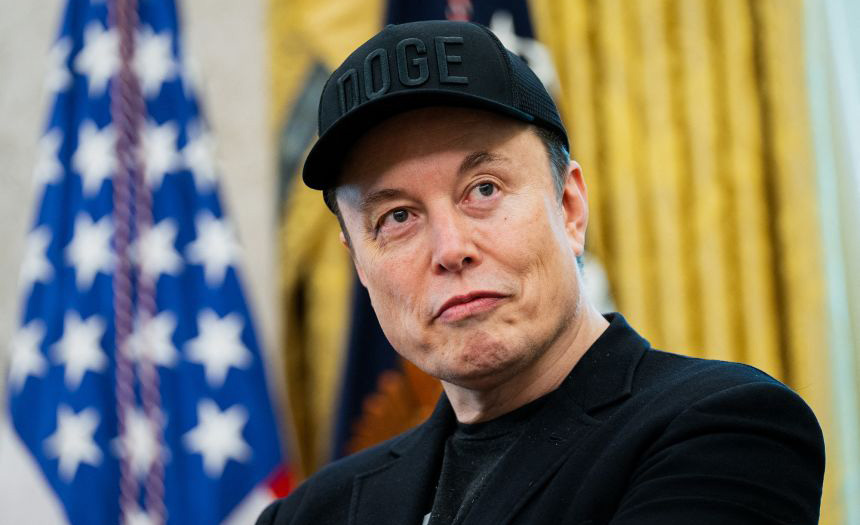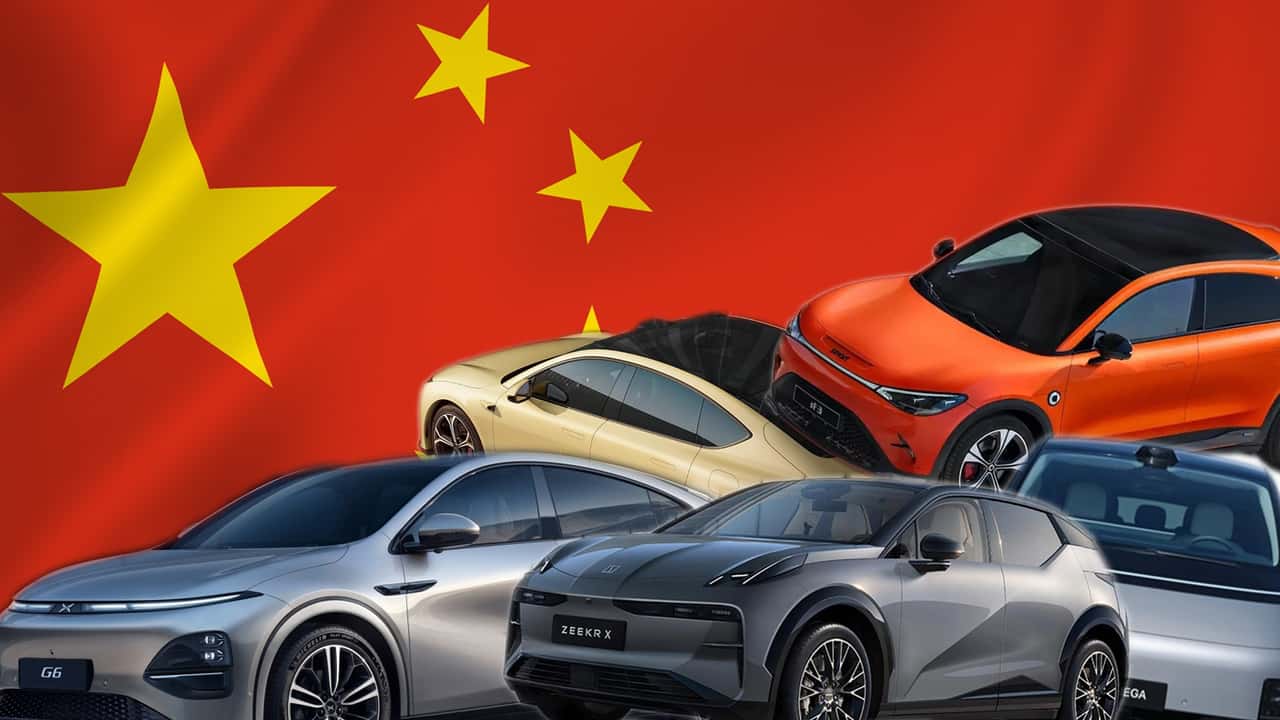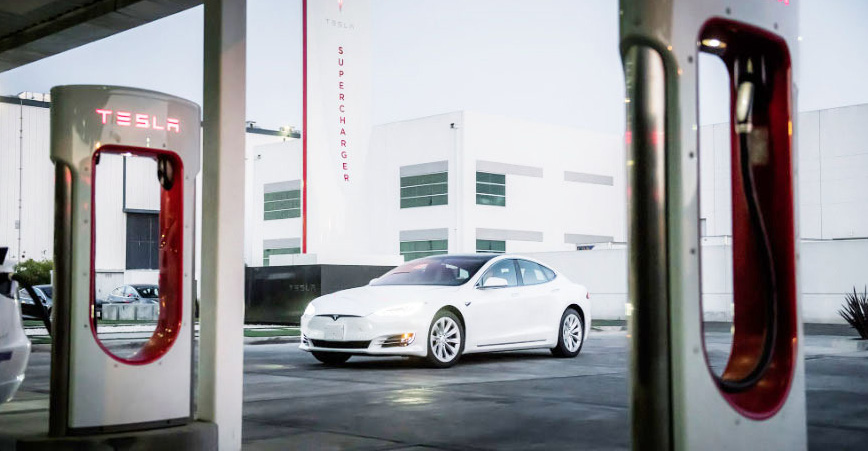Elon Musk’s Stark Warning: Low birthrates threaten West dominance

The Tesla and X (formerly Twitter), Elon Musks on September 2, 2025, warned that “there will be no West if this continues.” Musk, who gave the warning in response to a post suggesting replacement migration is the West’s greatest threat, arguing that low birth rates in the United States and Europe pose a far more existential risk. This isn’t Musk’s first pronouncement on the issue.
In July 2025, he warned that Europe must choose between enlarging families or facing societal decay. “Either Europe starts having large families or it will keep dying,” Musk urged drawing comparisons to the historical collapse of Rome. The world richest man argued that current fertility rates is far below the replacement level of approximately 2.1 children per woman, which he said could lead to population collapse, economic stagnation, and ultimately, the disintegration of the Western civilization.
In a broader context, Musk sees America as the central pillar of Western civilisation. He once remarked, “America is the central column that holds up all of Western civilisation…. If that column fails, it’s all over.” Strengthening America, he says, is essential to sustaining the Western world. Musk’s demographic concerns align with a rising global discourse on declining fertility, especially in advanced economies where aging populations and shrinking workforces spark worries about future stability.
Many governments are encouraging higher birth rates with incentives like parental leave and childcare support. Others question whether Musk’s focus on reproduction overlooks more immediate economic and social challenges like inequality, unemployment, or climate change. Moreover, Musk’s influence isn’t limited to demography. In recent years, he’s received criticism for meddling in European politics; supporting far-right parties and making divisive remarks about multiculturalism and historical memory.
Musk’s “there will be no West if this continues” is a bold and stark call for demographic action. Rooted in concern over plummeting fertility and looming population collapse, it urges Western societies to confront the challenges of aging populations and birthrate decline. Whether seen as alarmism or an accurate prophecy, these remarks add urgency to global debates on civilization, longevity, and what it means to preserve the “West” in the 21st century.




